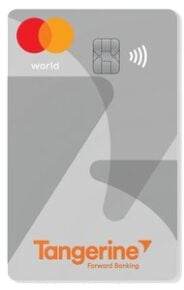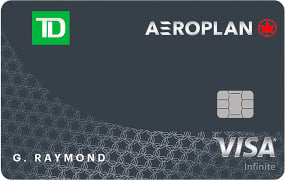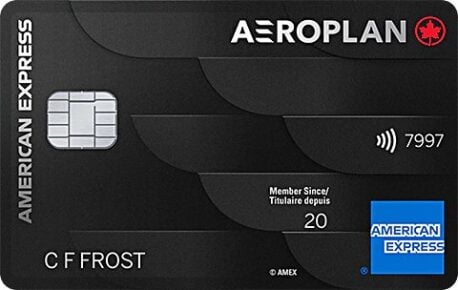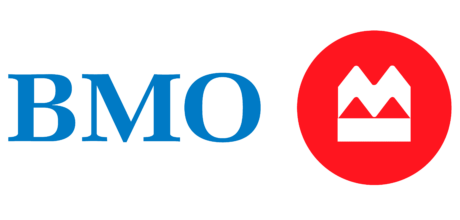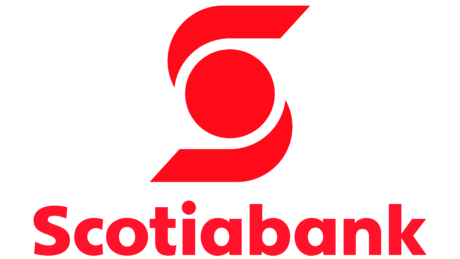Income tax is the portion of annual income that individual residents of Canada pay to the government.
Revenue generated by the income tax is handled by the Canada Revenue Agency (CRA) and used to fund government services such as health care, public education, and the military.
Some income tax revenue is also used to provide assistance to eligible Canadians through programs for families, such as the Canada Child Benefit and the Canada PRO deposit — and seniors, such as Old Age Security and the Guaranteed Income Supplement.
How income tax works in Canada
Canadian employers typically deduct income tax from your earnings each pay period. You should be able to see these deductions on your pay stub every time you get paid.
Even though your employer’s deductions ensure you’re paying income tax, you still need to report your employment earnings and any other income you receive — including passive income, government benefits, interest/investment earnings, pension income — annually to the CRA by filing a tax return.
Your tax return allows the CRA to determine if you paid enough tax on the income you earned in the past year. If you didn’t pay enough income tax, you’ll have to submit the outstanding amount to the CRA. If you paid too much, the CRA will issue you a tax refund.
When are income taxes due?
There are two different dates to be aware of when doing your taxes, the file date and the payment date.
For the majority of individuals, the file date and payment date are the same every year: April 30. Because June 15, 2024 falls on a Saturday, it’s likely the CRA will accept tax returns it receives or that are postmarked by Monday June 17.
If you are self-employed you have until June 15th to file as these taxes are considered to be more complicated. However, the payment date is still April 30th.
Not everyone is in a rush to get their taxes done, but adhering to the CRA’s tax deadlines can save you money. There are late fee penalties for not filing on time if you have taxes owing. You will also be charged interest on any outstanding tax payments.
Federal income tax rates in Canada
Canada has what is known as a graduated tax system for individual federal income taxes. Corporations pay a flat tax.
The more money you make, the higher the rate of tax you pay. You don’t, however, pay the highest tax rate on every dollar you earn — only on the amount of income that falls within each tax bracket.
Federal income tax rates for 2023
- 15% on the first $53,359 of taxable income, plus
- 20.5% on the portion of taxable income from $53,359 up to $106,717, plus
- 26% on the portion of taxable income from $106,717 up to $165,430, plus
- 29% on the portion of taxable income from $165,430 up to $235,675 plus
- 33% on taxable income over $235,675
You’ll also need to factor in the provincial and territorial tax rates when calculating your total annual tax bill.
How to do your income taxes
If your taxes are straightforward, you can prepare your own return. You can go old school and file a paper return, or choose one of the many digital options available.
Make sure to use CRA-approved tax software that will help you input your data, calculate your taxes and file your return. These free or pay what you want tax software options include CloudTax and Wealthsimple Tax.
You can also authorize a representative or a group of representatives to do your taxes. They can be a friend or family member, or hired professionals, such as an accountant, bookkeeper, or tax-preparation service. The cost will vary depending on the preparer you use and how complicated your return is.
If you have a modest income and simple tax situation, you may also be able to use a free tax clinic. This is a volunteer-run service available to certain Canadians.
How to pay income taxes
Paying your taxes is easy and can be done through several methods including the following:
- Make an online bill payment to the CRA.
- Interac debit, Visa debit, or Mastercard debit using CRA MyPayment.
- Schedule a payment with a pre-authorized debit.
- Debit card, credit card, PayPal, or Interac e-transfer. Service fees will apply.
- Wire transfer for non-residents who need to make a payment but no longer have a Canadian bank account.
- Pay in person with cheque or debit at your financial institution.
- Pay in person with cash or debit at a Canada Post location.
- Pay by cheque or money order via traditional mail.
No matter what method you choose, be sure to confirm that your payment is received. You can do this online through CRA My Account. Allow three days for online payments or 10 days for payments by cheque or money order.
Frequently asked questions about income tax in Canada
Unpaid taxes will incur interest which is compounded daily. If you continue to avoid paying your taxes, the CRA can take legal action against you and even seize your assets to settle your tax debt. If you are unable to pay your taxes, get in touch with the CRA to help with payment arrangements.
DIVE EVEN DEEPER

Self-Employed Taxes in Canada: Filing Deadlines and How to Pay
If you’re self-employed, plan to set aside 25%-30% of your income for taxes. The filing deadline is June 15th, but any taxes owed must be paid by April 30th.

Quick Answers to 10 Common Tax Questions
Have you ever wondered what inheritance tax is? Or whether your moving expenses are tax deductible? Get answers to those and other common tax questions.

Does Canada Have a Work-From-Home Tax Credit?
The “work-from-home tax credit” is actually a tax deduction some Canadians can use to reduce their taxable income.

Students: Ace Your Taxes With These Credits and Deductions
If you’re a student in Canada, these tax credits and deductions may lower your tax bill — and maybe boost your refund.
